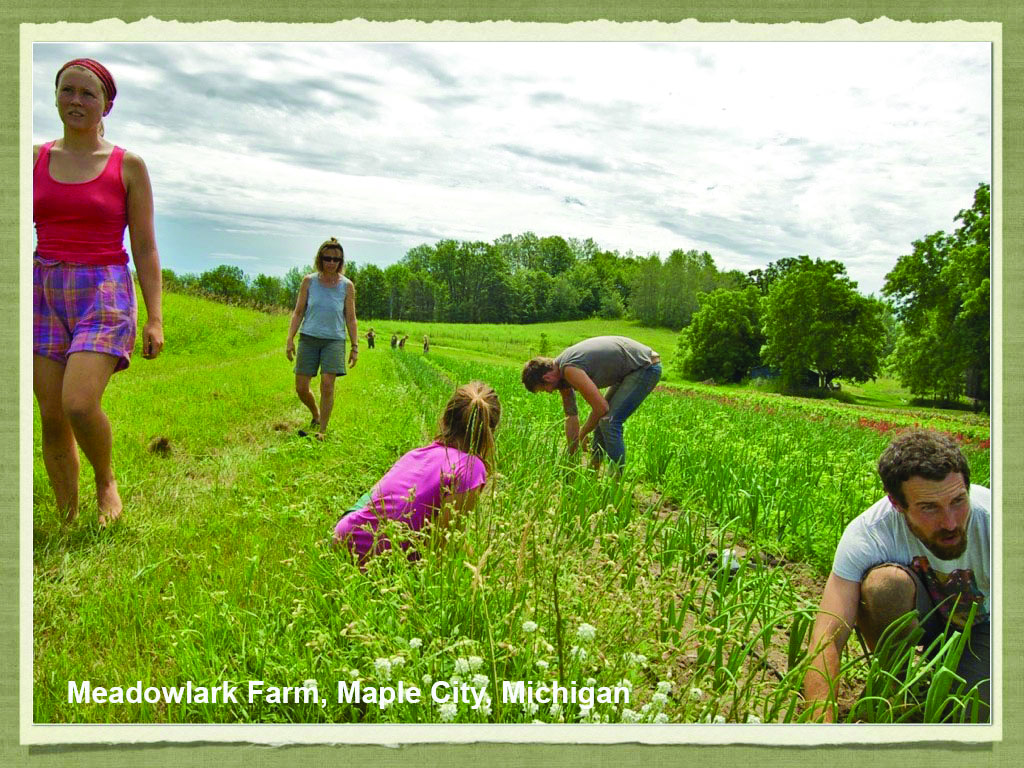Organic, non-GMO, local—synonymous terms?
 by Sandi McArthur, Education Outreach Coordinator
by Sandi McArthur, Education Outreach Coordinator
The terms organic, non-GMO and local have certainly been getting lots of media attention lately. While we applaud all efforts to educate the public on the importance of sustainable growing practices and production methods, these words are not interchangeable and do not mean the same thing.
Food manufacturers don’t hesitate to create confusion around food labels, especially if it improves a company’s bottom line. But are they misleading folks into thinking a food may be healthier or grown more sustainably than it actually is? That is certainly the case when referring to the term “non-GMO” or “GMO-free” on a label. Unfortunately, this term has nothing to do with agricultural or production practices, but only refers to the fact that the product was not genetically engineered.
A non-GMO label does not preclude the use of toxic synthetic chemicals such as pesticides or herbicides from being used during the growing process, nor does it preclude any synthetic chemicals in a processed food product.
GMO-free does not mean organic. However the reverse is true…Organic is always GMO-free.
A certified organic label is strictly regulated and third-party certified to ensure consumers are getting what they paid for. “Organic food is produced without using synthetic fertilizers, pesticides, herbicides, sewage sludge, bioengineering or ionizing radiation. Organic food is produced by farmers who emphasize the use of renewable resources and the conservation of soil and water to enhance environmental quality for future generations.
Organic meat, poultry, eggs, and dairy products come from animals that are pastured and are not given antibiotics or growth hormones. Before a product can be labeled ‘organic,’ the farm or production facility has been certified, meaning it is in compliance with the USDA organic standards. Companies that handle or process organic food before it gets to your local supermarket or restaurant must be certified too.” (Excerpt from the USDA National Organic Program, consumer brochure).
The term “local” simply means it was grown or produced within a self-defined radius of a specific place. For example, at Oryana, local means a product was grown or produced within a 100-mile radius of the store. Local does not define the growing or production practices nor does it refer to a product being GMO-free or not. It is strictly a definition of place
Oryana is very fortunate to have a growing number of local sustainable and certified organic farmers providing our customers with non-GMO and chemical free foods helping to feed our community with high quality, great tasting, healthy food. These farmers are definitely the winners in my book…organic, non-gmo and local. A win, win, win!